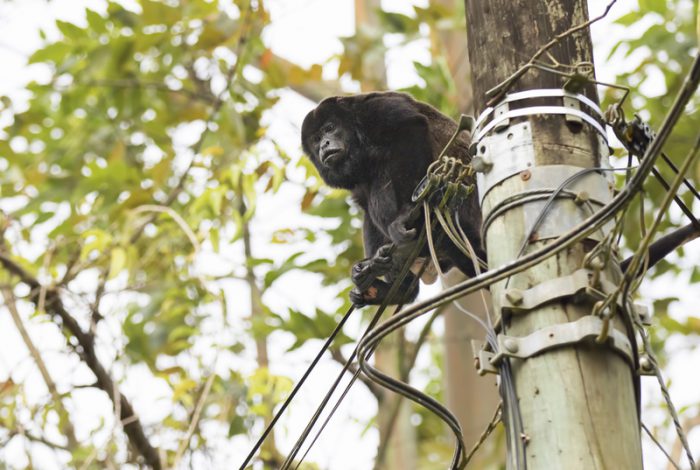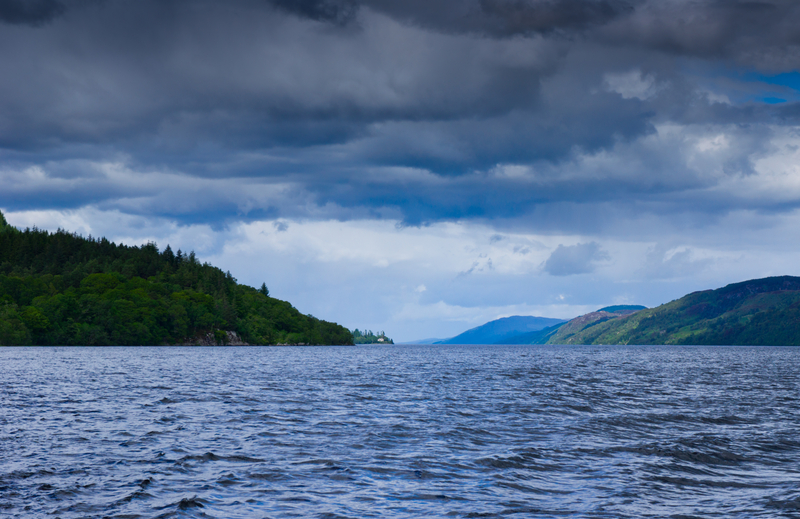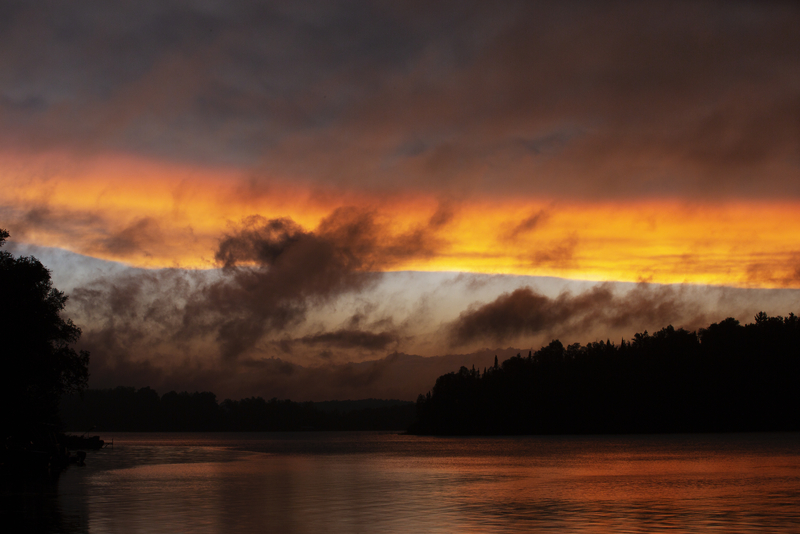Renewable energy—getting our power from green sources such as solar, wind, and hydroelectric—is a big talking point these days. The United Nations made a commitment to leaving fossil fuels behind in its 2030 Agenda. That plan had 17 Sustainable Development Goals for the planet to reach by the year 2030. And Goal 7? It was for "Affordable and Clean Energy".
In that case, the UN is going to want to give Costa Rica a gold star. Fresh off his recent election win, new Costa Rican president Carlos Alvarado made a huge announcement. He is planning have fossil fuels banned from his country by 2021. That means everything—from the electricity used in homes and offices to the vehicles on the roads—would be powered by something like solar, wind, biomass, hydroelectric, or geothermal.
No coal. No oil or natural gas. Not even nuclear.
Is it really possible?
President Carlos Alvarado is aiming high. (Getty Embed)
Let's face it. Politicians make lots of promises to the public. And even when the intentions are good, some goals seem like a stretch. Which leads us to ask: Can Costa Rica really become fossil fuel-free in three years?
The technology is there. And the country already uses an incredible 99% renewable energy for its electricity. (By comparison, Canada is at about 66% and the United States at just 15%.) In 2017, Costa Rica went 300 straight days without touching fossil fuel for electricity. What's an extra 1%?
Like nearly all modern cities, Costa Rica's capital, San Jose, is full of gas-powered vehicles. (Getty Embed)
But as impressive as those figures are, they hide a big problem—transportation and heating. In Costa Rica, both still use a lot of oil. Only 1% of the country's private vehicles are electric or hybrids. That's a lot of gas-powered vehicles being used by the nation's 5 million citizens. And even public transit, which the government controls, would require a huge overhaul to become fully green in just three years.
The verdict? It's a start
Stunning rainforests cover Costa Rica—Alvarado's plan can help protect them from pollution. (Getty Embed)
The truth? Banning fossil fuels completely by 2021 will be an incredible challenge (not to mention, the Costa Rican economy relies on taxes on gasoline for its money). In addition, as we discussed in this article, not all renewable energy is equal in impact on the environment. Hydroelectric power, which is Costa Rica's largest source of electricity, uses dams that have a negative impact on ecosystems. That's an important issue in a tropical country that prides itself on protecting its rich biodiversity.
But hey, just because we're being realistic doesn't mean that we don't admire President Alvarado's promise. Even if Costa Rica can make a strong reduction in gas-powered vehicles in its country over the next three years, that will be a big achievement and a strong example of what's possible for the rest of the world.
Good luck!
Contest alert

Don't miss the Science Odyssey Family Contest. Click HERE TO ENTER.
Science Odyssey is a 10-day, Canada-wide celebration of all things science, technology, engineering, and math (STEM).
 This howler monkey in Costa Rica is ready for a fossil fuel-free country. But can it really happen in just three years? (© Jim Cumming | Dreamstime.com)
This howler monkey in Costa Rica is ready for a fossil fuel-free country. But can it really happen in just three years? (© Jim Cumming | Dreamstime.com)









